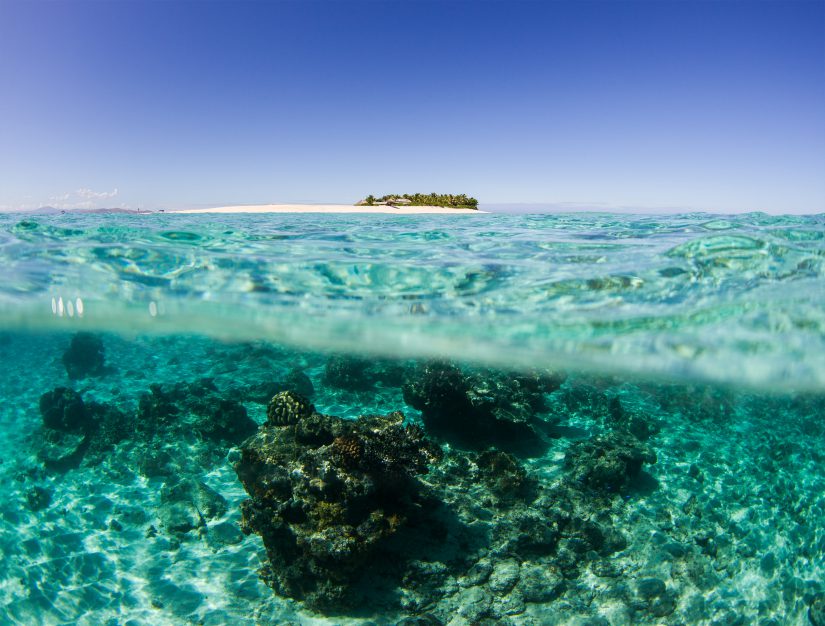Stand up paddle (SUP) surfing in Fiji is growing in popularity among novice and experienced surfers alike. SUP surfing is great for flat water and can also be every bit as intense and exciting as traditional surfing, but with the added control of the paddle. Don't make the mistake of using a standard surfboard for SUP surfing. You need a specialised board made specifically for paddle boarding.
Types Of Boards: Beginners probably want to look for an all-arounder board, which has a wider and more stable design ideal for calm waters. People experienced with SUP surfing in Fiji might want a racing/touring board. These boards are longer and narrower to move faster through the water, but are less stable so aren't suited for beginners. Inflatable boards can be more convenient than traditional hard boards since they can fit in a backpack when deflated, and the latest versions are as rigid as a regular board.
Length And Width: Short boards are less than 4 metres in length and are good for beginners. Longer boards are faster but less manoeuvrable. Racing and touring boards tend to be long boards. Short boards are also easier to carry and store than long boards. Wider boards are more stable but can be heavy. As a rule, the bigger you are, the wider your board needs to be. Smaller surfers might prefer a narrower, more manoeuvrable board.
Materials: Most SUP boards are made of fibreglass and epoxy over an EPS foam core. Plastic rotomoulded boards are cheaper and more durable, but are also heavy and clumsy to carry. Other plastic boards have an EPS foam core, which makes them lighter and still very durable. As mentioned above, inflatables are the easiest boards to carry and store.
Take your time and shop around for the right SUP board before trying stand-up paddle surfing in Fiji. You don't want to head out to a surf resort only to find your board is too heavy to get to the beach, or too unstable for your skill level.

